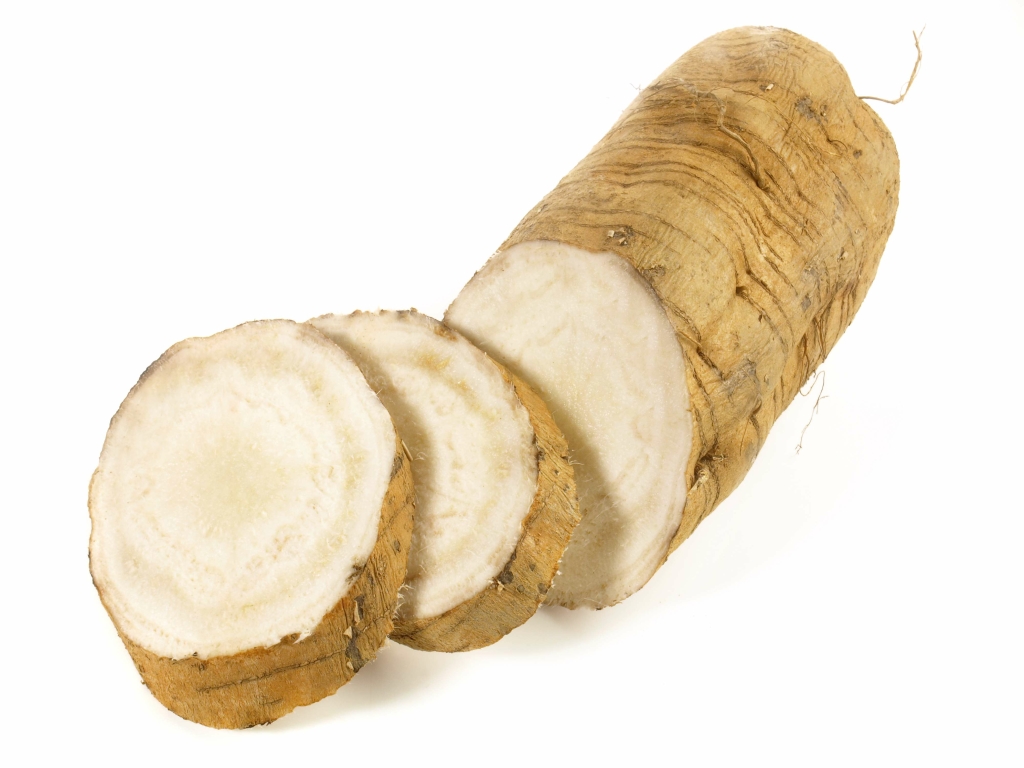By Sarah Bence, OTR/L
Sarah Bence, OTR/L, is an occupational therapist and freelance writer. She specializes in a variety of health topics including mental health, dementia, celiac disease, and endometriosis. For people at low risk of complications, an office visit to your primary care provider, along with at-home monitoring and virtual office visits, may suffice. People at high risk of complications should enter a short-term in-patient detox program.

The only way to avoid alcohol intolerance symptoms or an allergic reaction is to avoid alcohol or the particular beverage or ingredients that cause the problem. For a minor reaction, over-the-counter or prescription antihistamines might help reduce symptoms, such as itching or hives. If you have a non-allergic intolerance to alcohol, histamine, sulfites, or other components of alcoholic beverages, your doctor might encourage you to limit or avoid certain types of alcohol.
Hangover Cures: Remedies That Work and Don’t Work
The body produces antibodies, and when they encounter alcohol, they set off a systemic allergic reaction. An alcohol allergy can occur when a person with an alcohol allergy comes into contact with alcohol, which is also known as ethanol. Tap into your social network to help support you through alcohol withdrawal. Find a supportive 50 Substance Abuse Group Therapy Activities for Recovery friend or family member to be with you while you withdraw and support your new non-drinking lifestyle. For people who experience hallucinations as part of alcohol withdrawal, these may begin in the 12- to 24-hour time frame. Alcohol withdrawal symptoms range from mild but annoying to severe and life-threatening.

Sulfur dioxide is another closely related chemical that can trigger reactions in some people. It’s also found in many foods and beverages, especially fermented products. For example, aged cheese, smoked meats, sauerkraut, wine, and beer tend to be high in histamines. You don’t need to be diagnosed with alcohol use disorder in order to quit drinking. If alcohol is interfering with your health or your personal, financial, or professional life, consider quitting. When someone drinks alcohol for a prolonged period of time and then stops, the body reacts to its absence.
What to know about alcohol allergies
If you’re allergic to wine, you may notice that you sneeze more after drinking it. Some people experience flushing, headaches, and nausea shortly after drinking alcohol. A hangover is the body’s reaction to excessive alcohol consumption, characterized by a headache, queasiness, https://trading-market.org/step-1-of-alcoholics-anonymous-what-is-step-1-of/ dizziness, fatigue, confusion and thirstiness. Although unpleasant, they do serve the purpose of discouraging most people from continuing drinking. Alcohol intolerance is caused by a genetic condition in which the body can’t break down alcohol efficiently.
- Behavioral health treatment for alcohol problems is often (but not always) covered by insurance.
- If people withdraw from alcohol after heavy use, it is important to do so with medical supervision.
- Over time, however, the body builds a tolerance to alcohol, and a person may have to drink more and more to get the same feeling.
There are several ways for a doctor to diagnose an alcohol allergy or intolerance, including the approaches below. However, some people with Hodgkin lymphoma experience pain in their lymph nodes after consuming alcohol. An alcohol allergy and alcohol intolerance are two different conditions.
Chantix and Alcohol: Why Mixing Them Isn’t Safe
If your doctor prescribes an epinephrine auto-injector, you should carry it with you at all times. Then go to your nearest emergency department for follow-up care. If you develop symptoms after drinking alcohol, make an appointment with your doctor.
- Your stomach then digests the mucus, which neutralizes any potentially harmful invaders.
- Part of your nose’s job is to clean the air you breathe, making sure it’s free of dirt and bacteria.
- Dr. Verster states that, overall, they found that the more alcohol the participants consumed, the more likely they were to develop a hangover afterwards.
Sneezing is your body’s natural reaction to irritation in your upper respiratory tract, especially your nose. If you regularly sneeze after eating, you might be wondering how something in your stomach can irritate your nose. Eating certain types of food or very large meals can both cause nasal irritation. Ok, so this is something i’ve noticed for years now and always been curious about. When i drink more than 4 or 5 drinks in an hour and they all settle in, it is almost a guarantee that i will have a sneezing fit. I mean sneezing at least 5-10 times in a minute, mucous and runny nose and all.
What are the possible causes of alcohol allergy?
Sign up to our newsletter to get more articles like this delivered straight to your inbox. To get to the bottom of what’s causing you to sneeze, keep track of when and what you eat to see if you can find any patterns. They can help you come up with a plan to manage your sneezing. It was first mentioned in a letter to the Journal of Medical Genetics in 1989 by two researchers. They described the case of a 32-year-old man who sneezed uncontrollably three to four times after each meal.